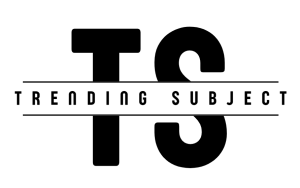The Justice Department released this week, under court order, all of a 2019 memo in which two top officials advised then-Attorney General William Barr. They advised Barr not to charge then-President Donald Trump with obstructing Special Counsel Robert Mueller’s inquiry into Russian interference in the 2016 U.S. election.
After Barr received the memo, he decided to clear Trump drawing significant criticism from many Democrats along with some former Justice Department lawyers. They accused the Attorney General of protecting his boss.
Special Counsel Mueller did not exonerate Trump of committing obstruction of justice in his effort to stop the investigation.
This memo has been the focus of attention in the past. The Justice Department had released parts of the nine-page memo while keeping other portions blacked out.
But a government watchdog group called Citizens for Responsibility and Ethics in Washington (CREW) sued to challenge those redactions. That led to a federal appeals court in Washington last week to order its full release without redactions.
“The memo presents a breathtakingly generous view of the law and facts for Donald Trump,” CREW said in a statement. “Among many other problems, it is premised on the fact that there was no underlying criminal conduct, which is not what Mueller found, and waives its hand at there being no exact precedent to compare it to.”
The memo was originally written by Steven Engel on March 24, 2019. He was then the head of the department’s Office of Legal Counsel. Another top department official, Edward O’Callaghan, also was involved in writing the memo.
They wrote that charging Trump with obstruction would be problematic because of Mueller’s report. The fact that Mueller did not find sufficient evidence that Trump or any member of his campaign team had illegally conspired with Russia would make charging Trump with obstruction difficult.
“Given that conclusion, the evidence does not establish a crime or criminal conspiracy involving the President toward which any obstruction or attempted obstruction by the President was directed,” the memo concludes.
CREW said that the memo then actually supports a “chilling conclusion” that a president can interfere with any probe if they believe it could damage them politically.








